Fiction
The Bartimaeus Trilogy by Jonathan Stroud (2003-2005)Wikipedia
A young adult adventure fantasy series about a magician coming of age and trying to wrangle a cunning, shape-shifting demon to do his bidding. Full of humor and historical references and wonderful characters and worldbuilding. It's about a young boy learning magic in England but it's not derivative of Harry Potter at all. And I think it's a lot better. (There was a fourth book published later in a different setting but I haven't read that one yet!)

Wikipedia
A brutal, harrowing story of a teenager joining a gang of scalp hunters in the Mexican borderlands in the mid-1800s. McCarthy's prose is the best I've ever read and his meditations on violence are stunning.

Wikipedia
My favorite ghost story. So well-written and heartfelt with a strangely strong sense of coziness and comfort despite the genre. It's not really a horror book, just a beautifully told, tragic ghost story.

Wikipedia
Still never read any fantasy I've liked better. I love the slowness and gentleness of these books. I love all the songs and poems on every other page. I love the deep sense of history and respect for nature. I love the examples of healthy and positive masculinity throughout.
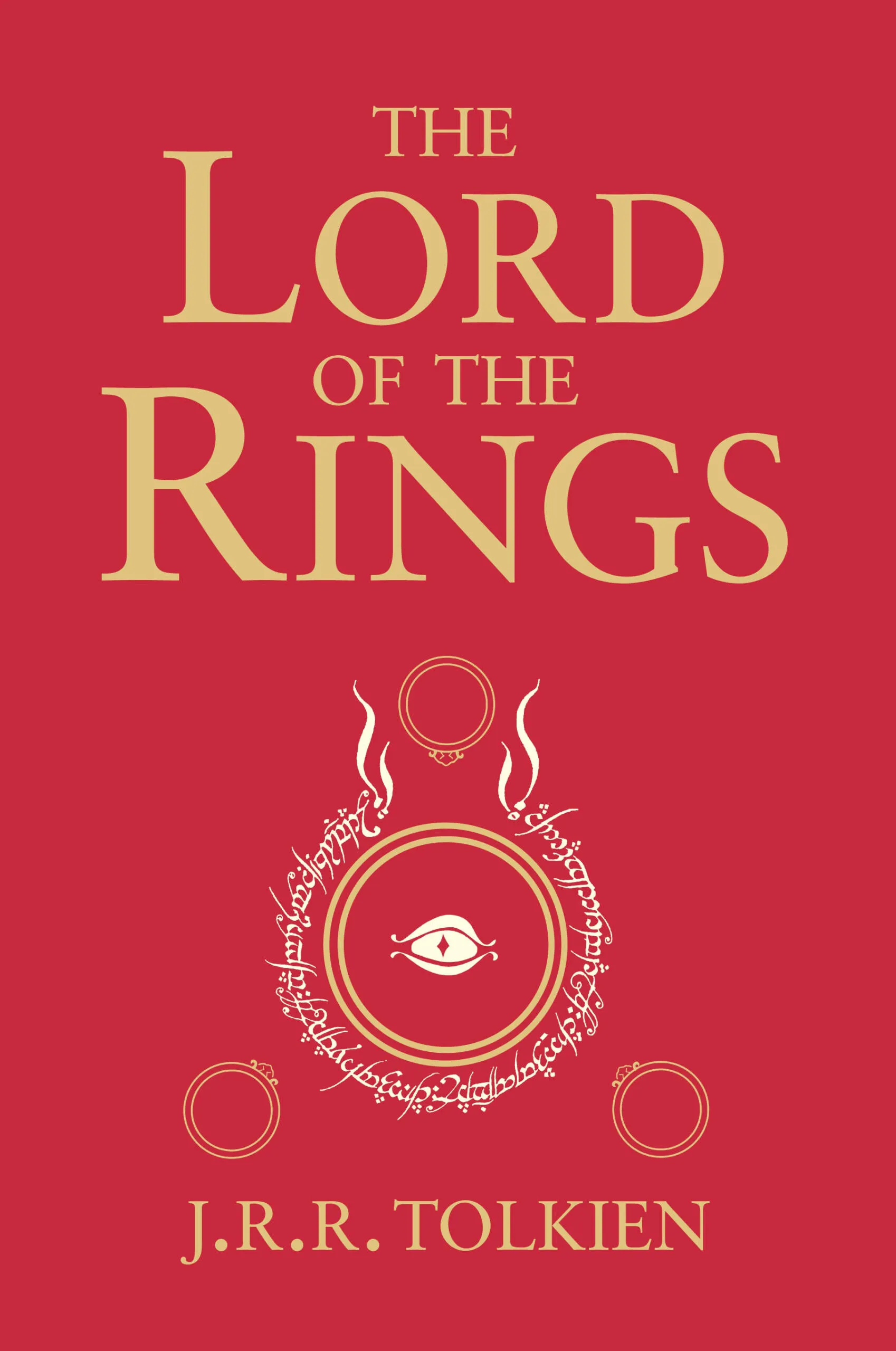
Wikipedia
A retelling of the King Arthur story full of humor, wisdom, and sadness with a surprising amount of fantastic historical detail on life in medieval Britain. My favorite fiction book of all time. Originally written in parts and later compiled into one novel.
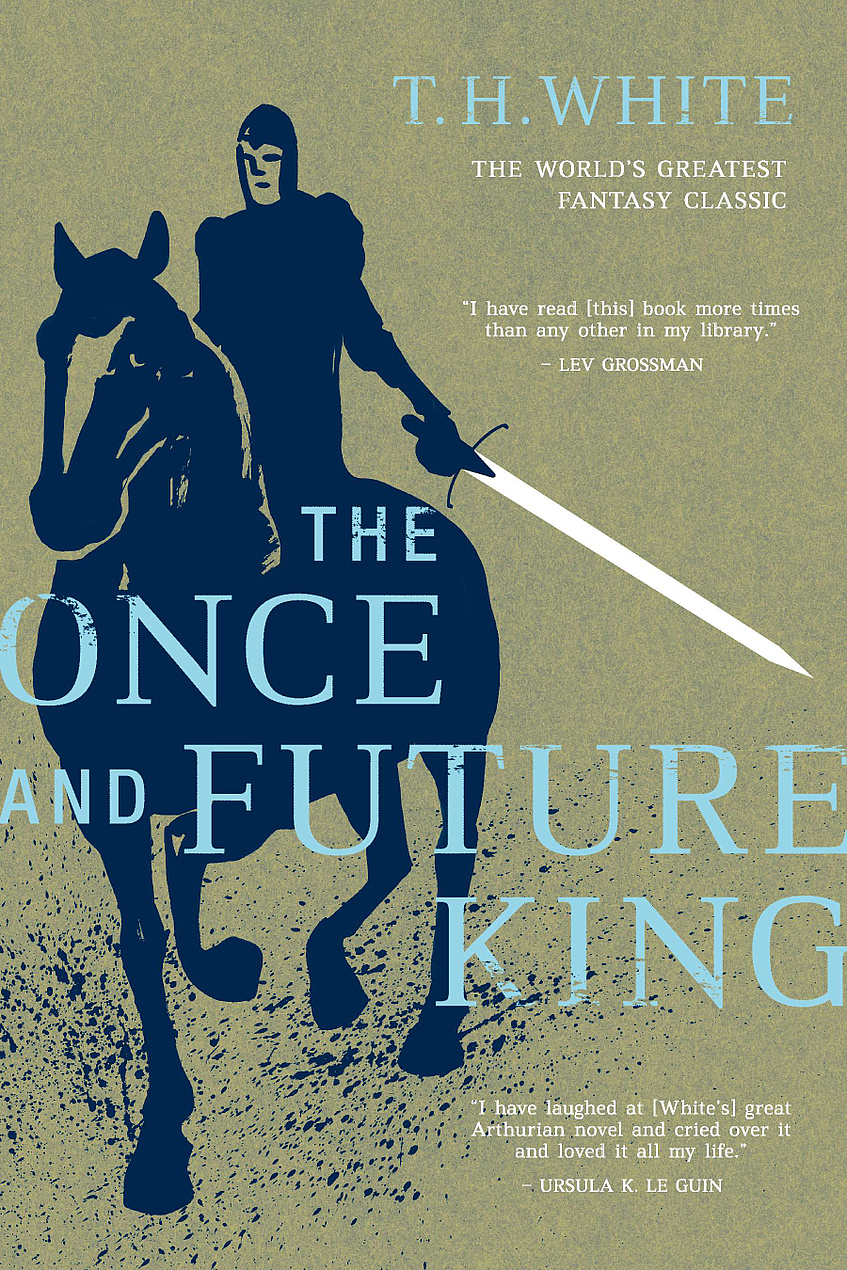
Wikipedia
A classic adventure story about a group of rabbits forced to flee their home and found a new one. The mythology, history, language, and culture Adams invented for the rabbits is what makes it so special.

Non-Fiction
1491: New Revelations of the Americas Before Columbus by Charles C. Mann (2005)Wikipedia
Addresses the myth that Native Americans existed passively and harmoniously with nature. Uses archaeological science to show how much Native Americans built, shaped, and manipulated the natural landscape. Also ended up predicting several recent archaeological discoveries in the Amazon.
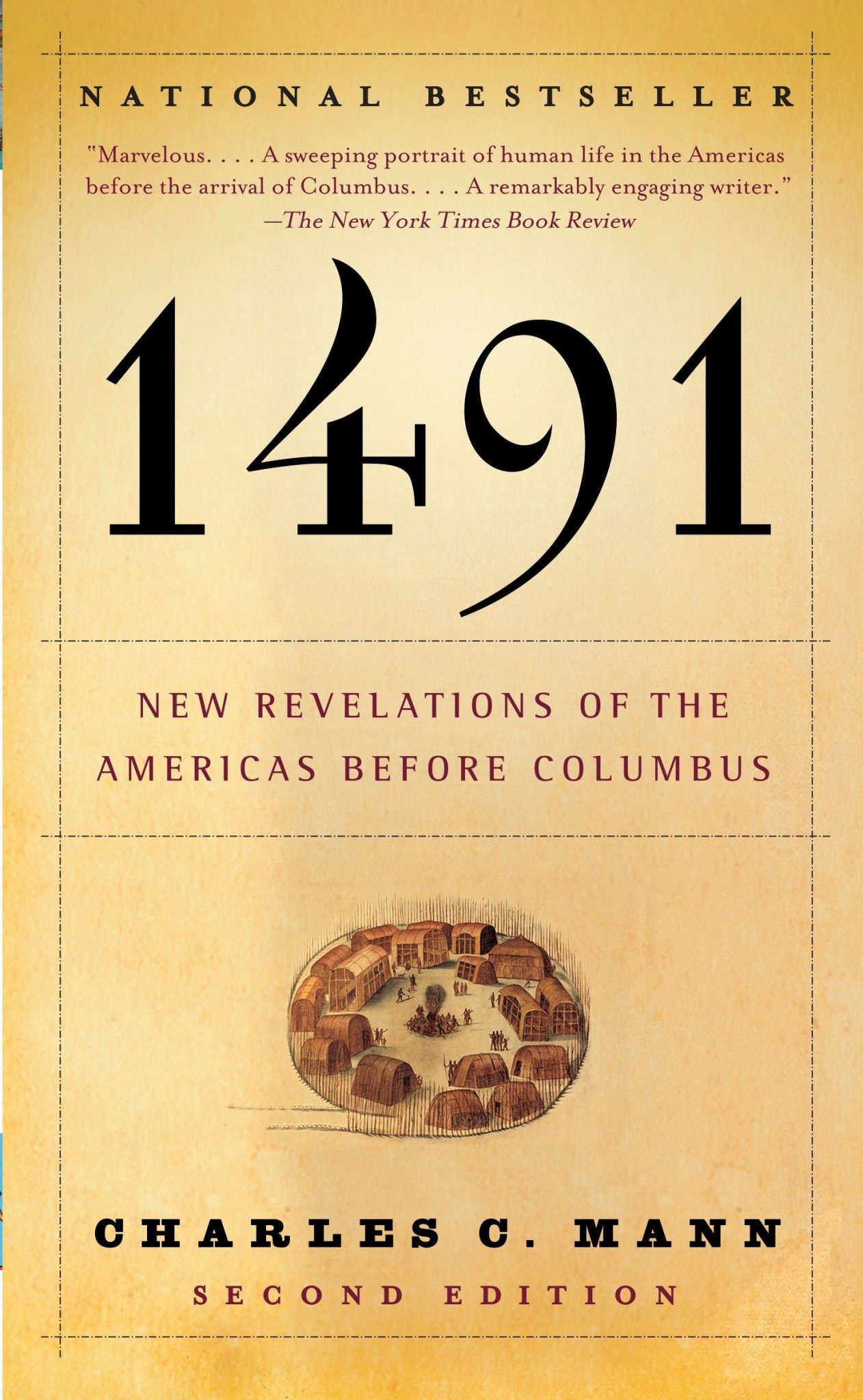
Wikipedia
An excellent historical overview of one of the most rich and fascinating regions of the world. Mostly focuses on the last two hundred years or so of Congolese history. Reybrouck's interviews and oral methodology shine here.

Wikipedia
A series of beautifully written, poetic essays about the history and ecology of California's Mojave region.
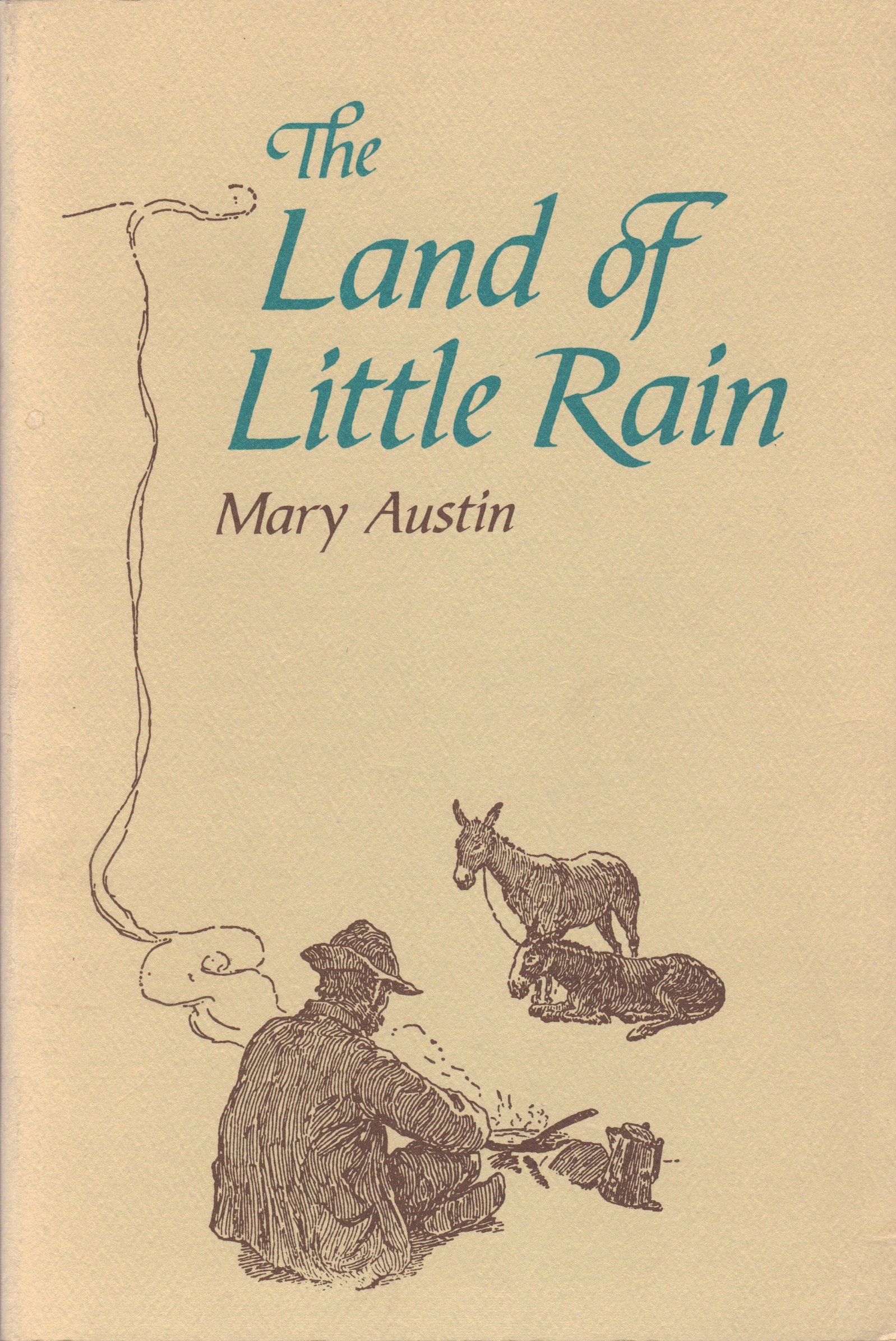
Wikipedia
Sets the gold standard for the writing of atrocities. The bravery it took to write this book for western audiences, even sixty years after the event, cannot be understated.

Wikipedia
Brilliantly written history of The Troubles in Northern Ireland, using one particular kidnapping/murder as its focal point. Also brings up super interesting questions on the ethics of oral history and archival work via the Belfast Project.

Author's Site
Histories of the mass political killings in Argentina and Guatemala told through the perspective of a forensic anthropologist helping to exhume and reinter the disappeared bodies.
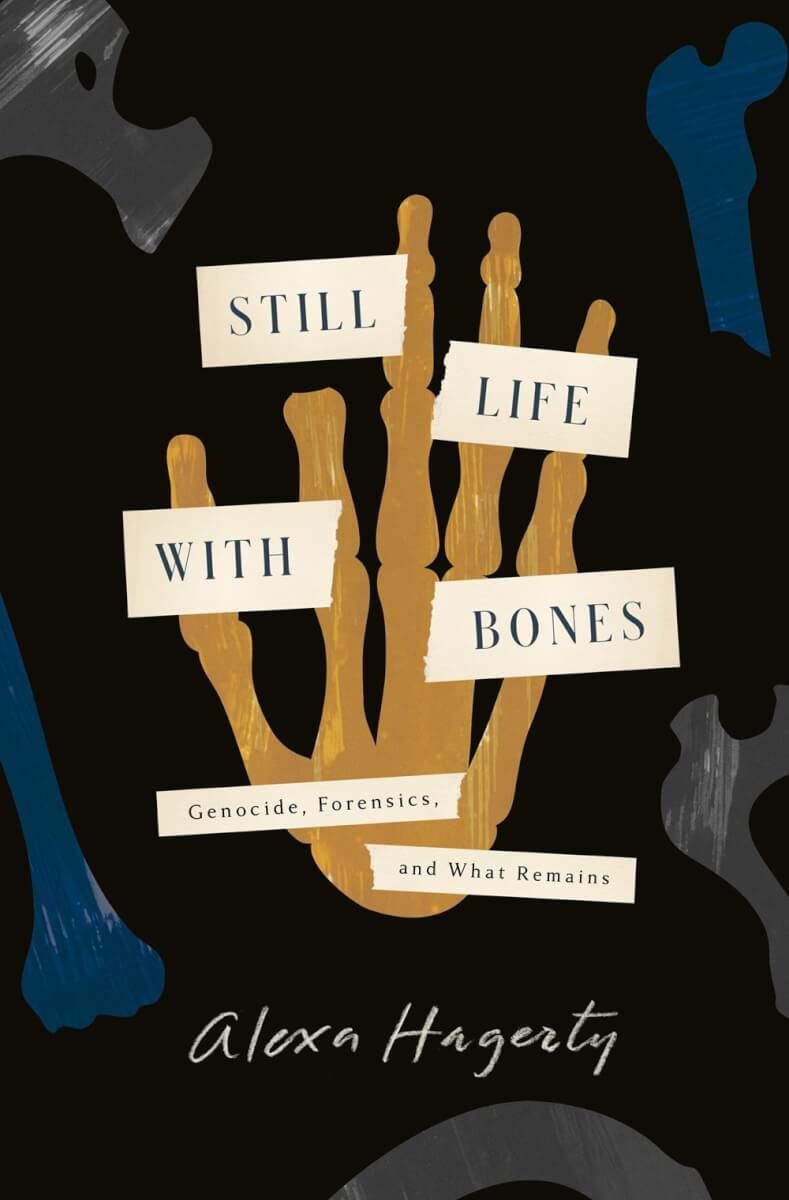
University Press
A history of commonplace, normalized colonial violence in German Southwest Africa. The focus on small acts of administrative violence rather than the violence of wars and genocides is extremely unique and Muschalek's creative use of source material makes this one of my favorite scholarly works.
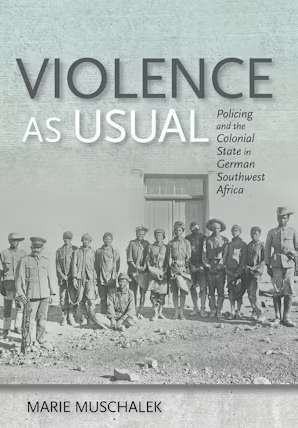
Wikipedia
Excellent journalistic coverage of the Rwandan Genocide. Tells the story mostly through interviews of surviving Tutsis.
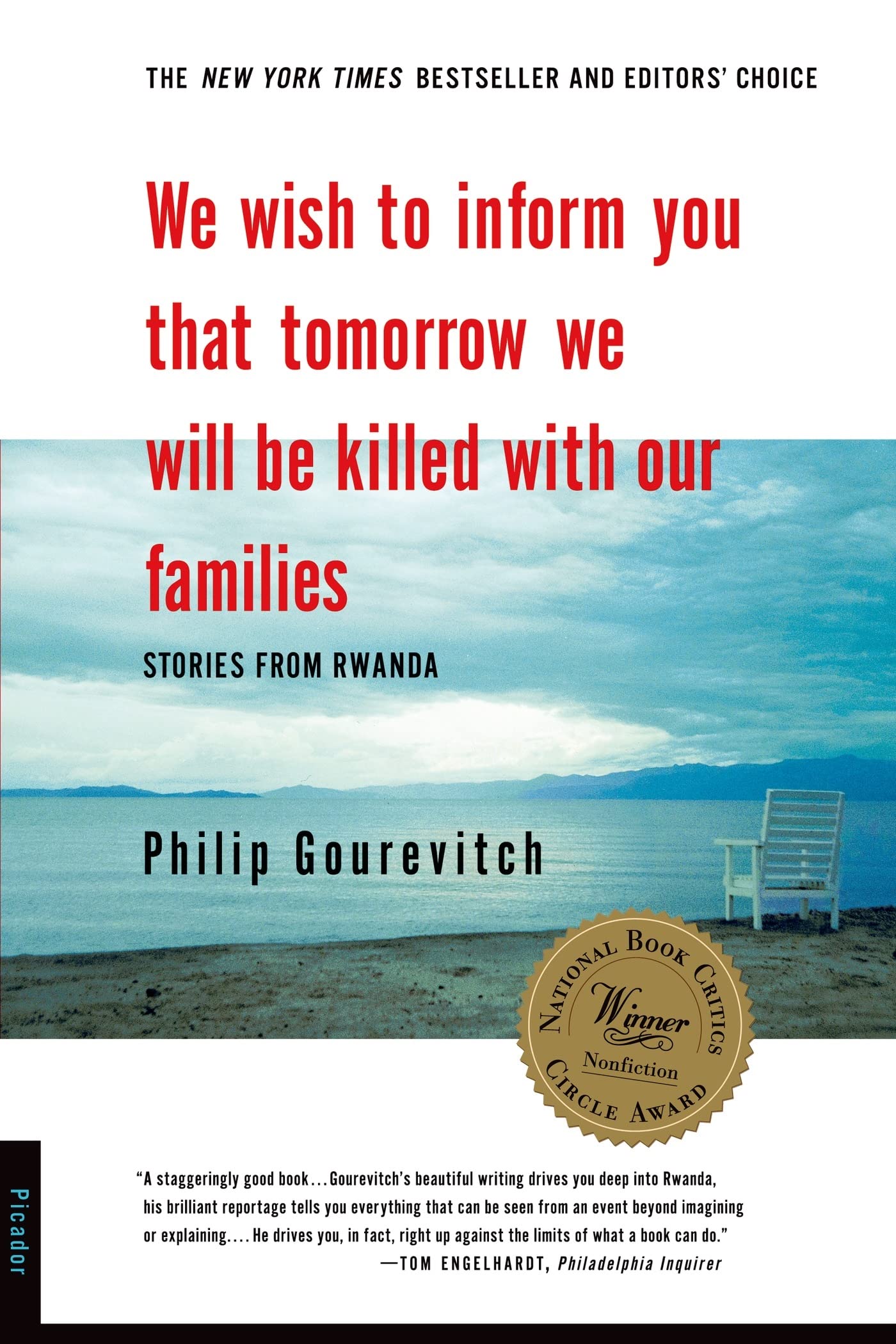
Poetry
American Primitive by Mary Oliver (1983)Author's Site
Poems about finding spirituality in America's wilderness. Mary Oliver is definitely my favorite modern poet.
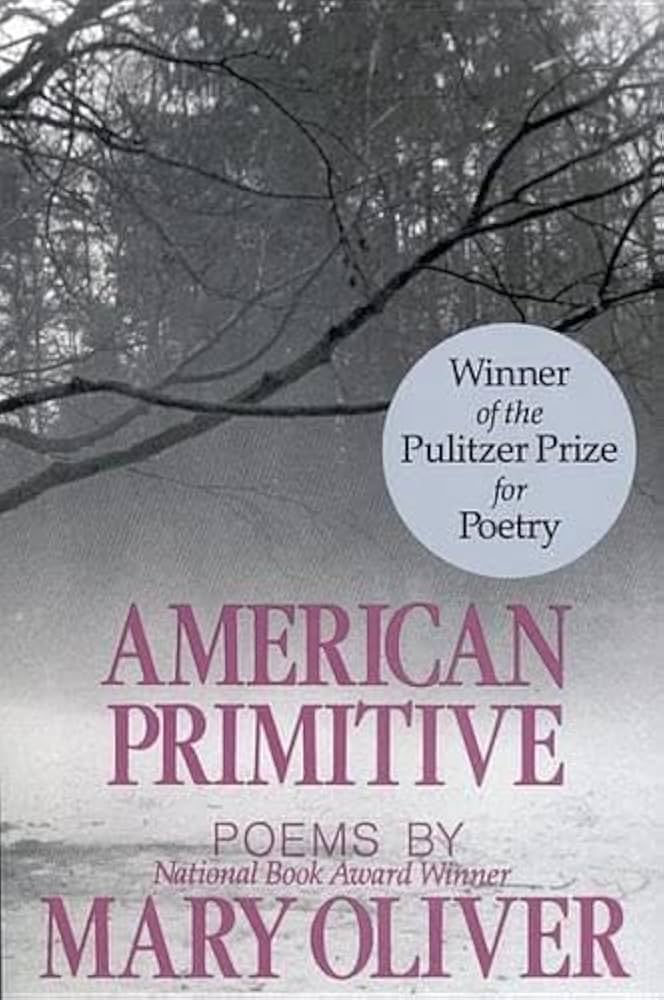
Wikipedia
Surreal, fantastic counter-culture beat poems. The first book of poetry I ever really loved.
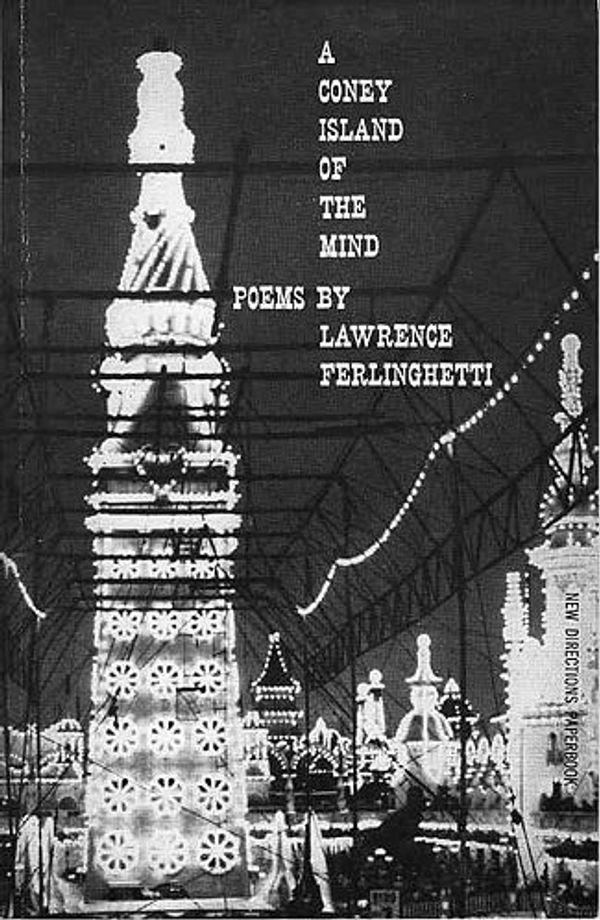
Wikipedia
A heartbreaking epic poem of a futile search for a lost love following the Expulsion of the Acadians (1755-1764). Inspired by the epic ancient Greek poems, Longfellow wrote the entire thing in dactylic meter (stressed unstressed unstressed) even though that form is extremely difficult to write in English and rarely attempted.
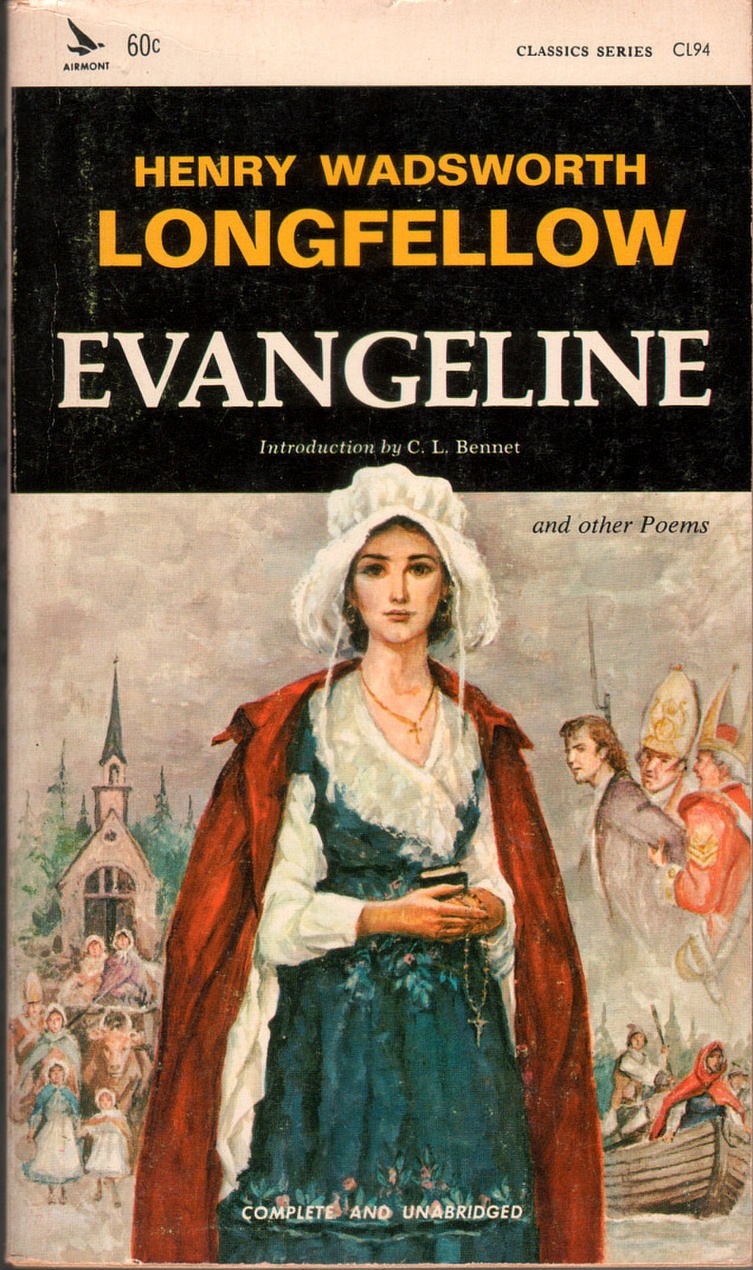
Wikipedia
Incredibly fun narrative poem about a supernatural maritime disaster. Coleridge's simple language and timeless form makes it really easy to read despite its age.

Wikipedia
Meditations on nature, Catholicism, sectarian violence in Northern Ireland, and the relationship between the poet and the forces of history.
